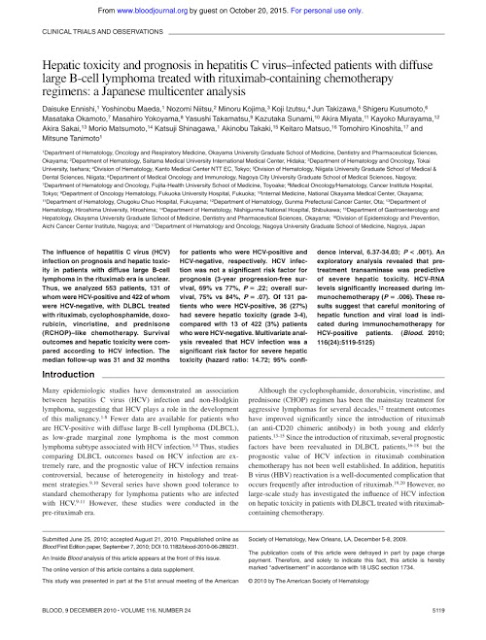As the debate over medical marijuana use continues, a new study among multiple sclerosis patients -- who often use the drug to relieve pain and muscle mass spasticity -- adds to the argument that smoking pot clouds thinking skills.
Canadian experts studied two groups of 25 people between the ages of 18 and 65 with MS, an autoimmune disease that attacks the central nervous system and can lead to paralysis, cognitive problems, incontinence and a host of other sensory and functional deficits. One group used marijuana greatly, while the other group reported no marijuana use for many years.
Patients using pot performed significantly worse on cognitive assessments measuring attention, thinking velocity, executive function and visual belief of spatial associations between objects, the study authors said. Users were also twice as likely to be classified as globally cognitively impaired, meaning they failed at least two of 11 numerous tests.
The study is published in the Mar 29 issue of
Neurology .
"We published a paper a few years back that said cannabis use in MS patients might be linked to delays in control velocity, but it was a very small sample," said study author Dr. Anthony Feinstein, a professor of psychiatry at the University or college of Toronto. "This confirms our earlier thoughts that cannabis could, in fact, have some cognitive side effects . . . but I'm surprised at the breadth. We were thinking we would probably replicate our earlier findings, but it went beyond that."
Data suggests that between 36 percent and 43 percent of MS patients have smoked pot at some time, according to the study, and "a substantial minority" get cannabis relieves pain, insomnia, spasticity, tremors, bladder problems and emotional distress.
Between 40 percent and 60 percent of MS patients are cognitively impaired to begin with, Feinstein added, but study participants using marijuana scored about one-third lower on a sensitive test of information-processing velocity than non-users.
A total of 72 percent of users reported smoking pot daily, while 24 percent reported weekly use. The average duration of marijuana use was 26 years, the study said.
"I would stop and think very carefully about cannabis use . . . it issues me that there's a movement that cannabis can be used as a benign drug," Feinstein said. "So I would need to look at cannabis very closely before using it. The database is usually still small . . . there are so many unanswered questions."
Feinstein noted that the study could not conclude that pot use causes clouded thinking, only that the two were linked. He also could not determine whether the slowdowns in thinking
among pot-using MS patients was any worse than might be observed among users without MS.
Nicholas LaRocca, vice president of healthcare delivery and policy research for the National Multiple Sclerosis Society, said the study is "sort of a wake-up call about the potential effects of long-term and heavy use of marijuana in people who have MS."
While the research could not be randomized because scientists cannot assign participants to ingest a potentially harmful drug, he said, the authors carefully matched the user and control groups and the cognitive evaluations done on both.
Clouded thinking "is usually a potentially very devastating side effect," LaRocca said. "It's a high price to pay for whatever relief is usually being provided. The important point about the study is usually it gives people pretty solid information about the risks they may be taking."
"Many people get the side effects of a given drug are worse than the symptoms," he added. "I think we're looking at a very familiar dilemma."








